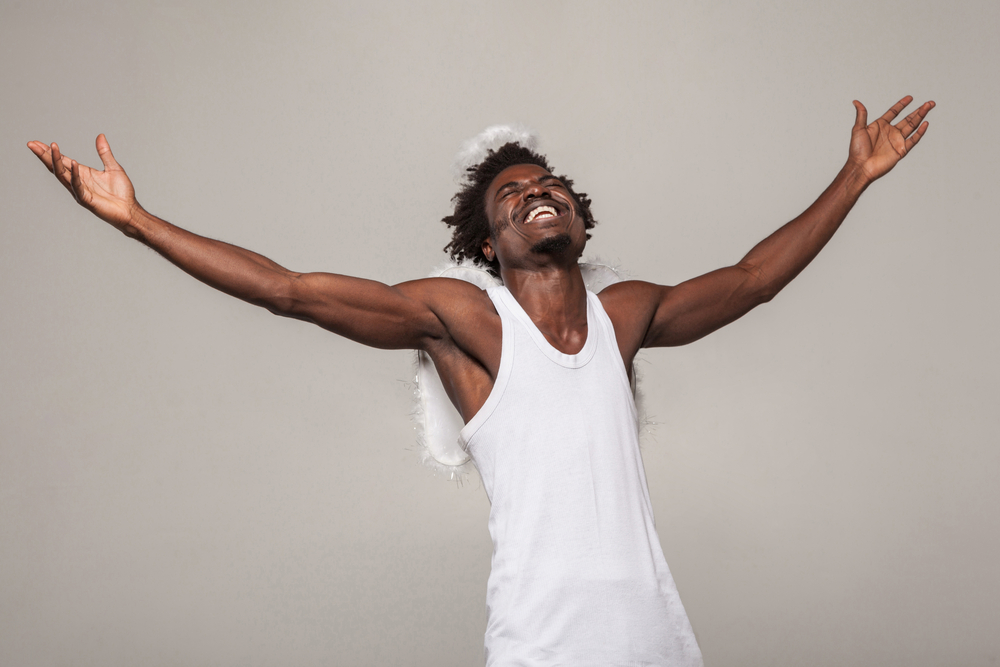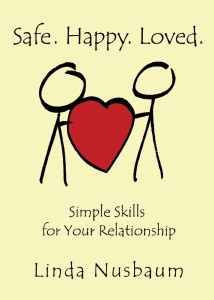Some of us didn’t get a chance to figure out what our feelings meant when we were little. If our caregivers couldn’t read their feelings it is likely they couldn’t teach us ours.
Childhood Shapes How We Act When Upset

If we didn’t learn what was going on inside of us we might have a couple of different behavioral responses. In my case if I was upset I would blame the one who upset me. Since I didn’t learn otherwise, I just used this habit well into my forties.
You can see as I write this that blaming someone for my difficulty is not effective. In fact it usually makes the person you blame react with some kind of defense or their own anger.
And there are other ways of dealing with our feelings and they might include not understanding what happened to us, but keeping everything inside. This is the isolating way of handling an upset. The person just stews on what happened and hopefully can figure out what to do next, but does it all silently.
Both cases are not helpful to the person who is experiencing a difficulty. And these behaviors don’t work at all when you are in a relationship with another person.
We Can Outgrow Habits Like Blame or Shutting Down

I know. I used to blame my husband-to-be for what went wrong with myself. It took some time to figure out that what happened to me is important. It’s important to ME. But I didn’t know this until I learned it.
Now I know if my feelings get hurt this matters to me and it helps if I can figure out what happened so I can understand it. Then I might want to talk to the person who said something or did something, and I have learned to do this in a respectful way.
I don’t yell or push anymore. And guess what, I get a lot of things ironed out. The situations didn’t change, I did. And I learned something else, that I am a good person. I didn’t even know this when I was little. I always felt like I was bad, or wrong or something.
Remember to Be Kind to Yourself Too

Now I know that all of us are inherently good. We come to earth for our human journey with good nature and kindness. This is our natural state. Only when we have habits that obscure these qualities do we feel bad or unworthy about ourselves.
Even if you have some habits now that you might want to work on, you can still believe that you are a good person. You can tell yourself that you have always been a good person. But you may not have heard that as a child.
But now that you are grown, you might want to tell it to yourself often. And do you know why you do it? Because if is the truth. Fundamental goodness is always with us, always inside of us.
It might take some practice to really feel and own this. But the more you remember your goodness, the less you will be in your habits that don’t work. Be good to yourself. You deserve it.
Want to Improve Communication in Your Relationship?
Read a Book About Relationships
Learn how to improve communication in your relationship, by reading Linda’s book, Safe. Happy. Loved. Simple Skills for Your Relationship. It might just help both of you feel closer, more connected, and more loved. Give it a read.
Get Couples Counseling
Come in for couples counseling. Couples counseling can help you and your loved one get the most out of your relationship. It'll equip you with coping strategies and tools for communication that can help you argue less and love more.


